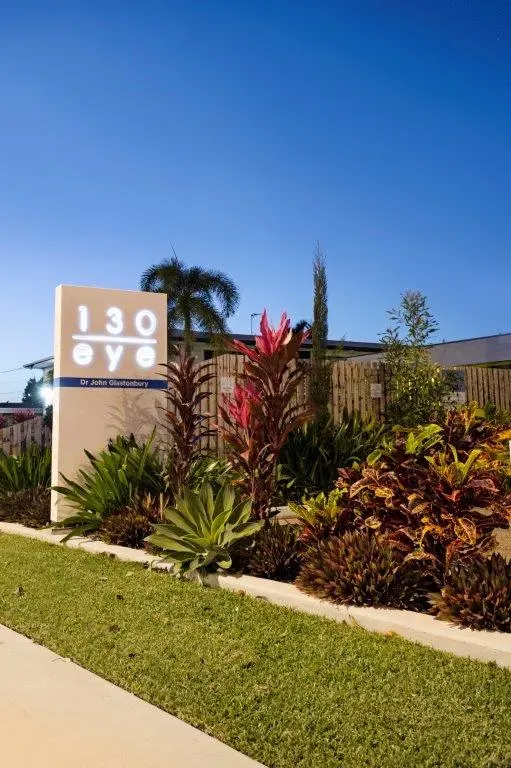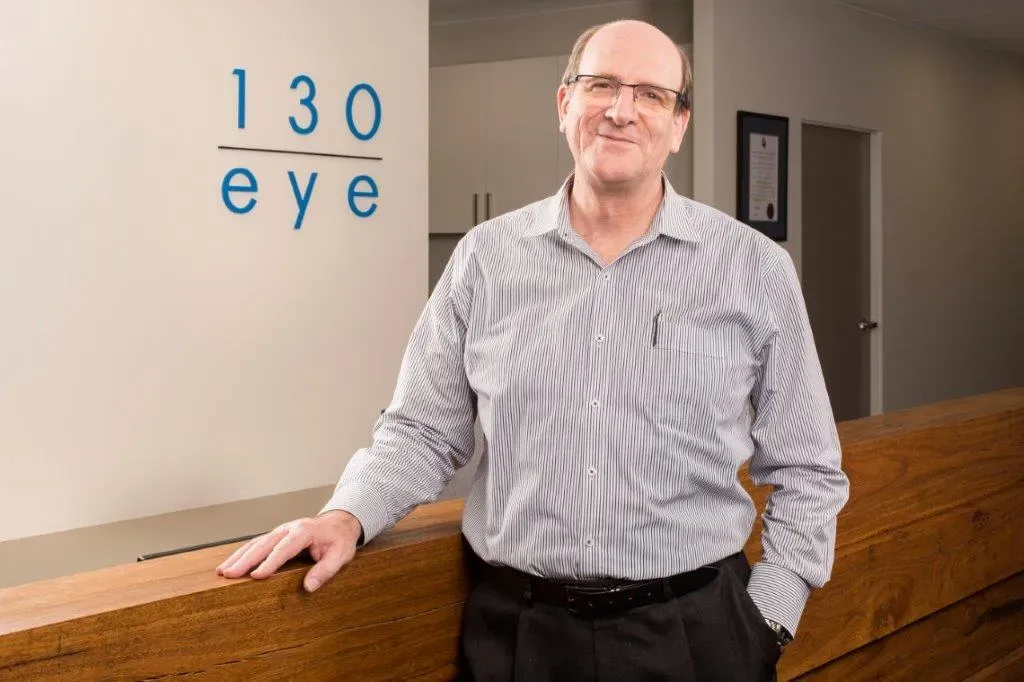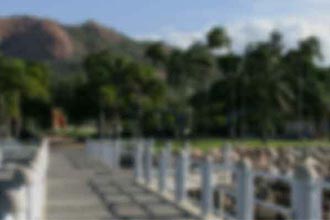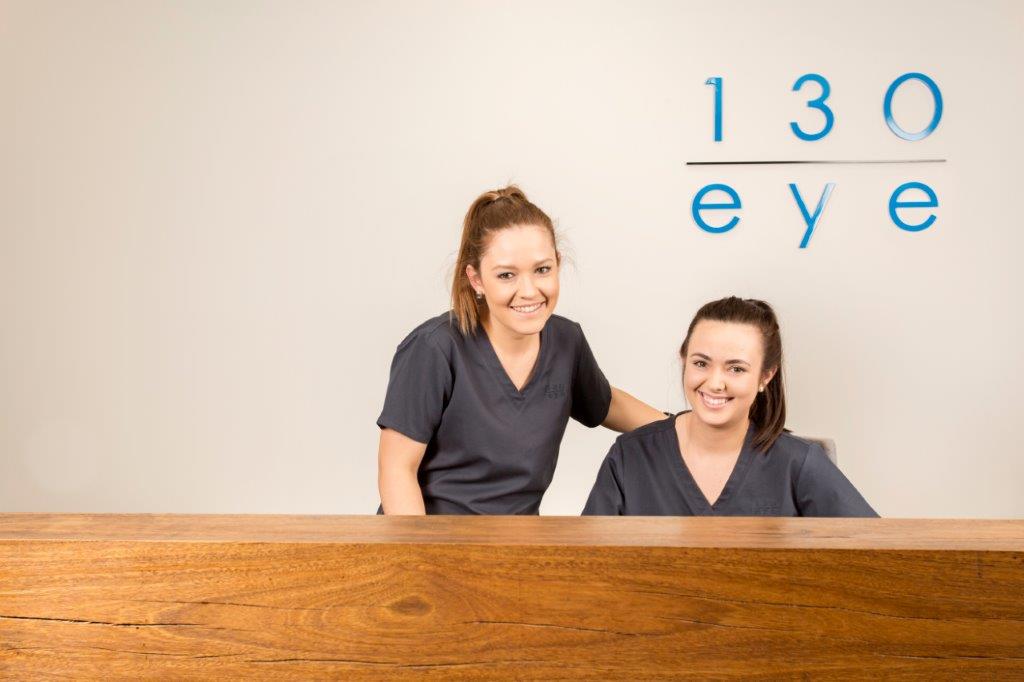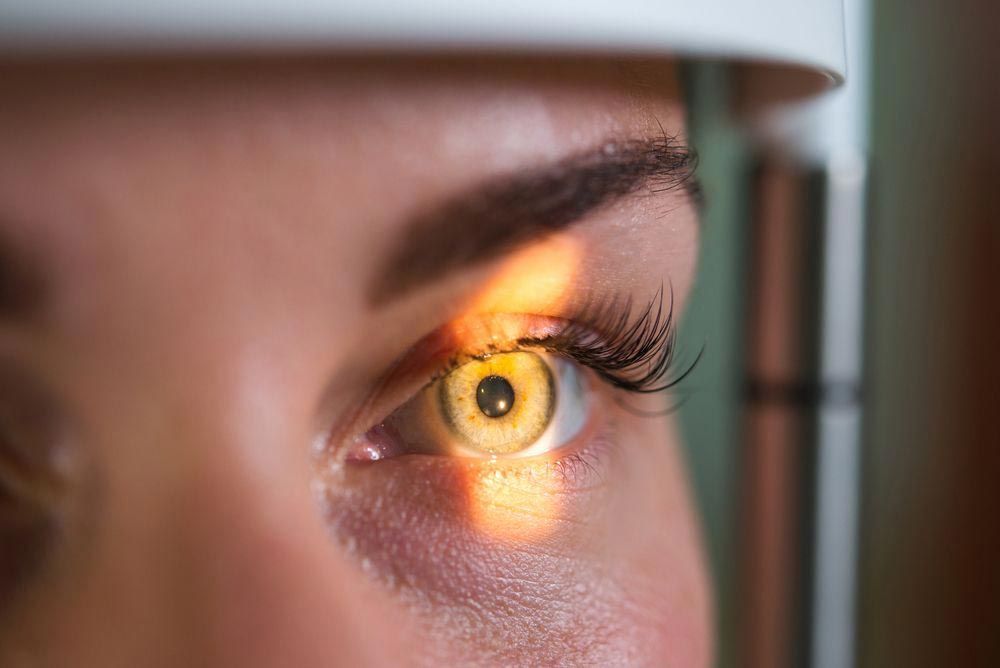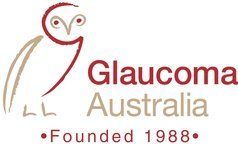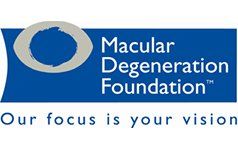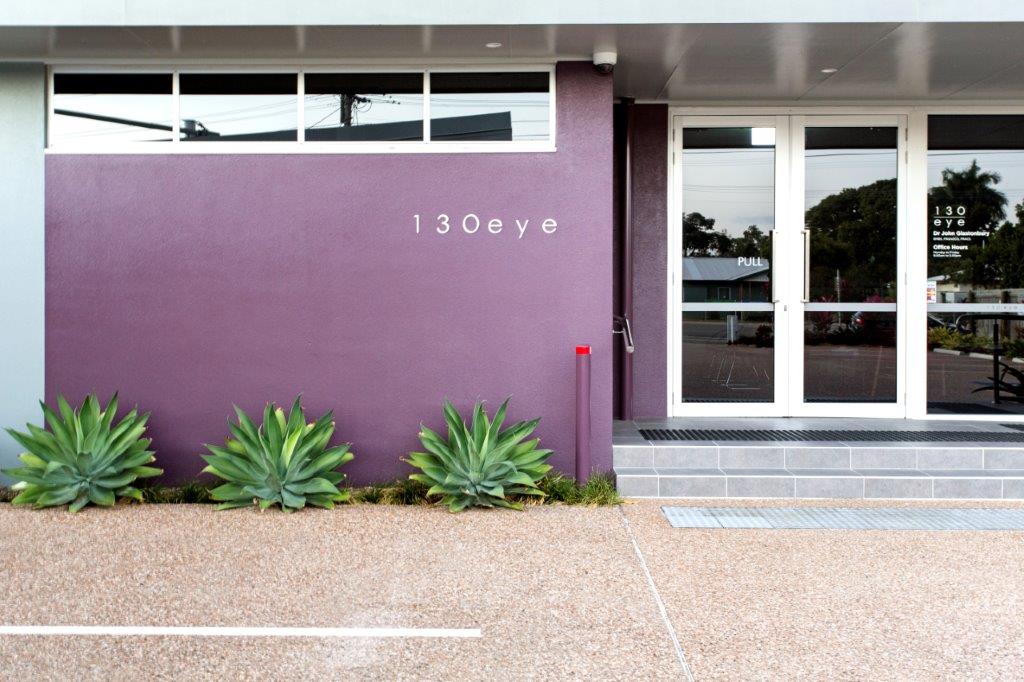Eye Specialist Townsville
Dr Glastonbury’s ophthalmology practice, 130eye, provides comprehensive eye care and eye surgery with an experienced specialist in Townsville. His areas of interest include cataract surgery and general ophthalmology.
We pride ourselves on providing quality eye care in a timely fashion that you can trust. All referrals are triaged individually so as to ensure you receive the appropriate treatment options in relation to your current problem.
We have a commitment to ensure we have robust systems around patient care so we can assure our patients that our practice fulfils its provision of excellence in care. We will provide assurance and transparency that our services are being delivered to a high standard with a focus on patient outcomes. We provide accountability and personal ownership for the delivery of a safe, high-quality health service.
Dr John Glastonbury
Your Local Eye Doctor In Townsville
Dr Glastonbury is a general ophthalmologist offering skilled, quality eye care with more than 30 years’ experience in the specialty. Dr Glastonbury trained in Adelaide and moved to Townsville in 1996.
Eye Conditions Treated In Our Clinic
A cataract is a clouding of the eye’s lens. If you require treatment for cataracts, we will work with you to determine the best course of action—whether it be surgical or non-surgical.
Macular degeneration is the deterioration of the macula, which is the central part of the retina responsible for sharp, central vision. We administer intravitreal injections as a treatment for macular degeneration.
Diabetic retinopathy is a complication of diabetes that can damage the blood vessels in the retina. Reach out to our practice if you have diabetes and are experiencing any changes in your vision.
A pterygium is a growth of tissue on the eyeball, often appearing as a wedge-shaped growth on the white part of the eye. We can treat pterygiums surgically if they are causing discomfort or affecting your vision.
Providing Quality Eye Care At Our Clinic
We intend to deliver a standard of care from staff who are kind, respectful and considerate of your individual needs. We will make your visit to our practice as pleasant as possible. Our rooms provide an open and relaxed atmosphere, and our warm and friendly staff will assist you with any enquiries you may have. If you should have a query regarding an ophthalmology procedure, eye operation or other ophthalmology questions, please call us.
We are located at 130 Ross River Road, with easy access to the practice and ample off-street parking. There is also access to public transport with a bus stop a few hundred metres from our door, and Stockland Townsville is in close proximity to our practice on the same side of the road.
You will require a referral from either your general practitioner or optometrist for your consultation.
COVID-19 Practice Precautions
When visiting 130eye, you can feel confident that we are taking all necessary precautions to prevent patients from coming into contact with Covid 19.
We are regularly monitoring all of the Covid 19 advice and information provided by the Australian Government, QLD Health, World Health Organisation (WHO) and professional affiliations and associations (AMA, RANZCO, ASO).
Specific Precautions
- All staff have up-to-date training in required cleaning techniques specific to Covid 19 and the use of PPE
- All staff are aware of their reporting obligation in relation to personal illness and exposure
- All magazines and extraneous items have been removed from the waiting areas
- Waiting room furniture has been spaced to meet the social distancing requirements within the square meterage of the building
- Our reception desk has been fitted with sneeze guards for staff and patient comfort
- Notices are in plain sight instructing patients to sanitise hands upon entering the building
- Waiting room surfaces and reception areas are sanitised daily with long-acting Aeris Active Hospital Grade Disinfectant, and high touch points are sanitised more frequently
- Consulting rooms and clinical contact points are cleaned daily with long-acting Aeris Active Hospital Grade Disinfectant, and high clinical touch points are cleaned after each patient contact
- An SMS messaging protocol has been established to advise patients in advance of their appointment to notify us if they are suffering from any illness or flu-like symptoms and advised accordingly not to attend. Patients are also advised that in order to maintain social distancing guidelines, we are monitoring the number of people present within the building at any one time, and if necessary, support person/s accompanying the patient may need to remain outside or in their vehicle
- Patients are required to answer a number of questions upon presenting to the practice for a scheduled appointment to enable us to assess individual risk exposure to potential Covid 19 infection
- Patient temperatures are checked upon arrival to the practice
- Dr Glastonbury will wear a mask and gloves during your consultation due to the close contact during your assessment and examination
Eye Doctor FAQs
-
What does an ophthalmologist do?
An ophthalmologist is a medical doctor who specialises in the diagnosis and treatment of eye conditions and diseases. They are trained to provide comprehensive eye care, including the diagnosis and treatment various eye conditions, such as glaucoma, cataracts and age-related macular degeneration. They are also trained in performing eye surgeries, if necessary.
-
Do I need a referral from a general practitioner to see an eye doctor?
Yes, you need an up-to-date referral from either your GP or your optometrist to see an eye doctor, including Dr. John Glastonbury at 130 Eye. This referral can ensure you receive the most appropriate and comprehensive care for your eye health needs. Your chosen health practitioner will provide a referral after conducting an initial eye exam and determining that further evaluation or treatment by an ophthalmologist is necessary. A referral will also allow you to access a Medicare Rebate for the services provided as well as streamlining the process for you, as the referral will contain important information about your eye health history and any current symptoms or conditions. Please check with your GP or optometrist for more information on the referral process and requirements.
-
What qualifications does Dr John Glastonbury have?
Dr. John Glastonbury is an ophthalmologist who has extensive medical training and qualifications in the field of eye disease and care. He holds a Bachelor of Medical Science from Flinders University and completed his ophthalmic training in Adelaide at the Royal Adelaide Hospital and Children’s Hospital. Dr Glastonbury and has been a fellow of the Royal Australian and New Zealand College of Ophthalmologists since 1988. To provide the best possible care for his patients, he continually updates his skills and knowledge through ongoing education and training. He is also a regular attendee at meetings and conferences related to his practice.
-
What eye conditions can you treat?
Dr. Glastonbury and our team at 130 Eye provide comprehensive eye care, including the treatment of various eye conditions such as cataracts, glaucoma, age-related macular degeneration, and general ophthalmology issues. We offer a personalised treatment plan tailored to each patient’s needs.
-
How can I book an appointment at 130 Eye?
You can book an appointment at 130 Eye by calling our office during business hours on (07) 4779 8008. Our team will make every effort to accommodate your schedule and can provide timely care for your eye health needs.
Eye Problems
Operating Hours
- Monday
- -
- Tuesday
- -
- Wednesday
- -
- Thursday
- -
- Friday
- -
- Saturday
- Closed
- Sunday
- Closed
Get In Touch
All Rights Reserved | 130 Eye
